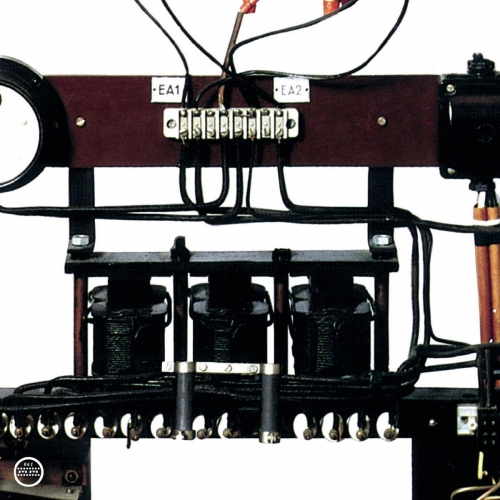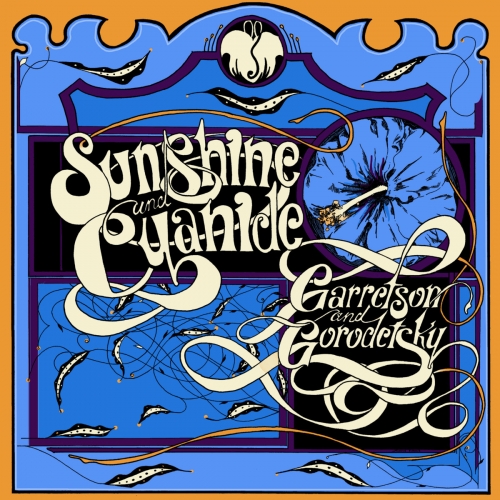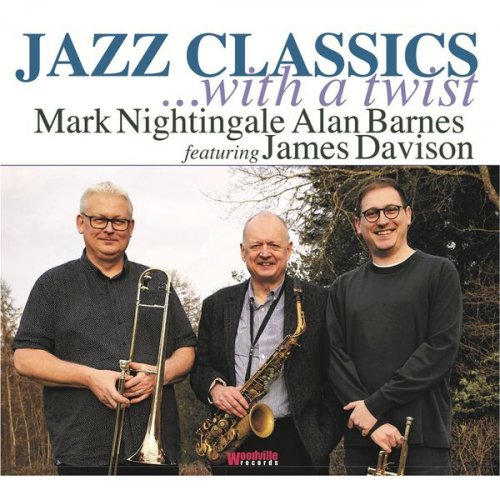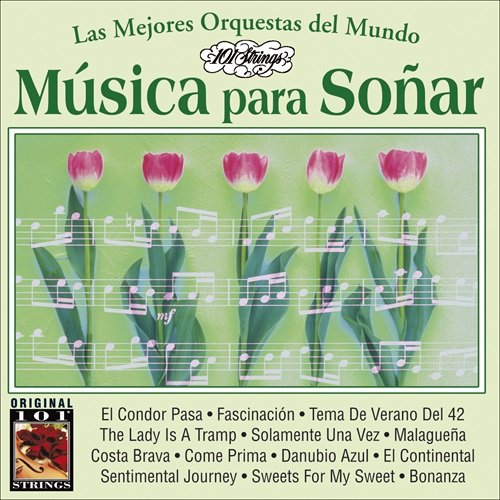Norma Winstone - Stories Yet To Tell (2017) [Hi-Res]
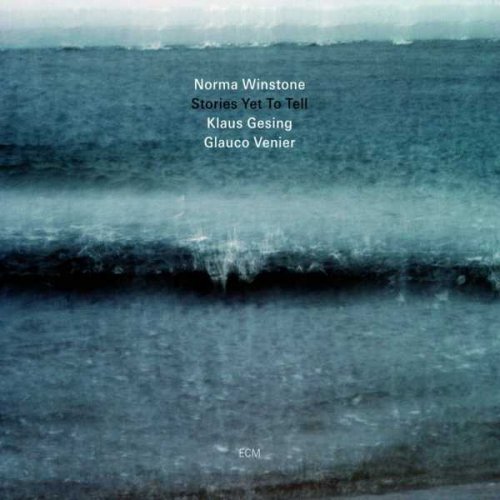
Artist: Norma Winstone, Klaus Gesing, Glauco Venier
Title: Stories Yet To Tell
Year Of Release: 2010 / 2017
Label: ECM Records
Genre: Contemporary Jazz
Quality: FLAC (tracks) [96kHz/24bit]
Total Time: 52:13
Total Size: 875 MB
WebSite: Album Preview
Tracklist:Title: Stories Yet To Tell
Year Of Release: 2010 / 2017
Label: ECM Records
Genre: Contemporary Jazz
Quality: FLAC (tracks) [96kHz/24bit]
Total Time: 52:13
Total Size: 875 MB
WebSite: Album Preview
01 Just Sometimes [06:10]
02 Sisyphus [05:05]
03 Cradle Song (Hoy Nazan) [04:33]
04 Like A Lover [04:10]
05 Rush [04:47]
06 The Titles [04:00]
07 Carnera [04:11]
08 Lipe Rosize [04:56]
09 Among the Clouds [03:32]
10 Ballo Furlano [03:18]
11 Goddess [05:08]
12 En mort d'En Joan de Cucanh [02:16]
While walking home on 8 October 2014, I was listening to Norma Winstone’s Stories Yet To Tell on my iPod. The opening song, “Just Sometimes,” had already enchanted me with its tender traversal of the heart’s shadowed chambers. Its bittersweet emotions lingered on in my mind as the second track, “Sisyphus,” held my ears captive. Named for the Corinthian king of Greek mythology forced to endlessly roll a giant boulder up a hill, the song evokes the curse of repetition in Glauco Venier’s pianism and the vain hope of breaking free in the tension of Klaus Gesing’s bass clarinet. While immersed in the atmosphere of this music, I felt a tap on my shoulder. I pressed PAUSE, removed my headphones, and turned to see my friend Andy, who had terrible news: our dear mutual friend Taylan had committed suicide that morning.
In the weeks following this tragedy, my iPod remained stuck halfway through “Sisyphus,” stymied like my desire for listening. By the time I returned to the song, I couldn’t help read the myth into Taylan’s untimely end. His life, it seemed, had thrown one boulder too many in his path, and he’d grown tired of rolling them upward in vain. While learning to cope with my grief, I was also comforted by the album’s title. It was a gentle reminder that, although he was gone, stories of Taylan’s legacy as a musician (he was an electronics genius for whom Evan Parker’s The Eleventh Hour was a life-changing record) had yet to be told. It was only a month later that I had the courage to continue where I’d left off in “Sisyphus,” which will forever be for me an elegy.
It’s not entirely morbid, however, to read a certain understanding of mortality into Winstone’s craft, singing as she so often does of moments that are fleeting, captured only through imagination. In the sadness of “Among The Clouds,” the retrograde of “Goddess,” and the wordless farewell of “En mort d’En Joan de Cucanh,” Winstone and her attuned trio understand that directions below are written in scripts above. Each song searches for meaning in a world that so often denies the divinity of simplicity. Furthermore, Winstone’s lyrics, especially in “Rush” and “The Titles,” linger on impermanence and, like the second, break down the theatrical stage of experience into its component parts.
In a few tracks, Winstone uses her voice as wordless instrument, employing melodic flight paths in the service of folk songs and lullabies. And even when she does inhabit the domicile of language, as in the tender “Like A Lover,” she does so with an insightful balance of coarse action and empty heroism, all the while keeping fear at bay with the shapes of her mouthing. She demonstrates that those of us still living must recognize that death is not an end but the first sentence in a story waiting for the spark of remembrance to reveal its narrative arc.
"To illuminate and colour such a range of material, yet preserve its essential character and remain so emphatically themselves, is remarkable. The trio is a blend of personalities that, at its best, evokes a myriad of emotions and responses with the utmost economy of means. It’s subtle, simple, sophisticated and beautiful." (Irish Times)
"Armando Manzanero's lost-love ballad Just Sometimes is magical, with Klaus Gesing's bass clarinet and Glauco Venier's piano gliding around Winstone as if comforting her. Dori Caymmi's Like a Lover is a sublime reflection, and Manfred Eicher's production superbly captures Winstone's upper-range purity and the sonorities of reeds and keys on Gesing's gliding Sisyphus." (Guardian)
Norma Winstone, voice
Klaus Gesing, bass clarinet, soprano saxophone
Glauco Venier, piano
Recorded December 2009 at Arte Suono Studio, Udine
Engineered by Stefano Amerio
Produced by Manfred Eicher
In the weeks following this tragedy, my iPod remained stuck halfway through “Sisyphus,” stymied like my desire for listening. By the time I returned to the song, I couldn’t help read the myth into Taylan’s untimely end. His life, it seemed, had thrown one boulder too many in his path, and he’d grown tired of rolling them upward in vain. While learning to cope with my grief, I was also comforted by the album’s title. It was a gentle reminder that, although he was gone, stories of Taylan’s legacy as a musician (he was an electronics genius for whom Evan Parker’s The Eleventh Hour was a life-changing record) had yet to be told. It was only a month later that I had the courage to continue where I’d left off in “Sisyphus,” which will forever be for me an elegy.
It’s not entirely morbid, however, to read a certain understanding of mortality into Winstone’s craft, singing as she so often does of moments that are fleeting, captured only through imagination. In the sadness of “Among The Clouds,” the retrograde of “Goddess,” and the wordless farewell of “En mort d’En Joan de Cucanh,” Winstone and her attuned trio understand that directions below are written in scripts above. Each song searches for meaning in a world that so often denies the divinity of simplicity. Furthermore, Winstone’s lyrics, especially in “Rush” and “The Titles,” linger on impermanence and, like the second, break down the theatrical stage of experience into its component parts.
In a few tracks, Winstone uses her voice as wordless instrument, employing melodic flight paths in the service of folk songs and lullabies. And even when she does inhabit the domicile of language, as in the tender “Like A Lover,” she does so with an insightful balance of coarse action and empty heroism, all the while keeping fear at bay with the shapes of her mouthing. She demonstrates that those of us still living must recognize that death is not an end but the first sentence in a story waiting for the spark of remembrance to reveal its narrative arc.
"To illuminate and colour such a range of material, yet preserve its essential character and remain so emphatically themselves, is remarkable. The trio is a blend of personalities that, at its best, evokes a myriad of emotions and responses with the utmost economy of means. It’s subtle, simple, sophisticated and beautiful." (Irish Times)
"Armando Manzanero's lost-love ballad Just Sometimes is magical, with Klaus Gesing's bass clarinet and Glauco Venier's piano gliding around Winstone as if comforting her. Dori Caymmi's Like a Lover is a sublime reflection, and Manfred Eicher's production superbly captures Winstone's upper-range purity and the sonorities of reeds and keys on Gesing's gliding Sisyphus." (Guardian)
Norma Winstone, voice
Klaus Gesing, bass clarinet, soprano saxophone
Glauco Venier, piano
Recorded December 2009 at Arte Suono Studio, Udine
Engineered by Stefano Amerio
Produced by Manfred Eicher
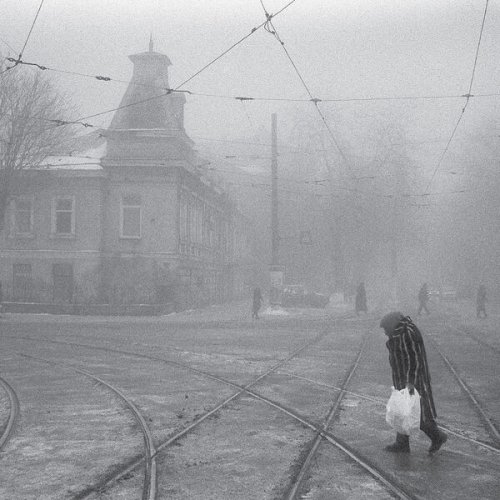
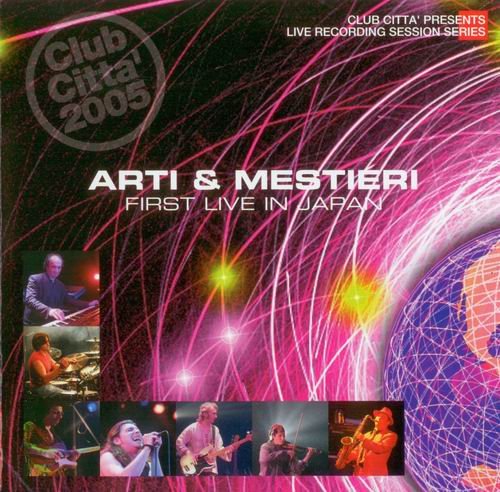
![VA - 20 Years Into An Infinite Musical Journey (2025) [SACD] VA - 20 Years Into An Infinite Musical Journey (2025) [SACD]](https://www.dibpic.com/uploads/posts/2026-02/1771834929_ff.jpg)
![Zenekar - Swirls (2026) [Hi-Res] Zenekar - Swirls (2026) [Hi-Res]](https://img.israbox.com/img/2026-02/25/t028ousw4otuz57efsjkzgr6u.jpg)

